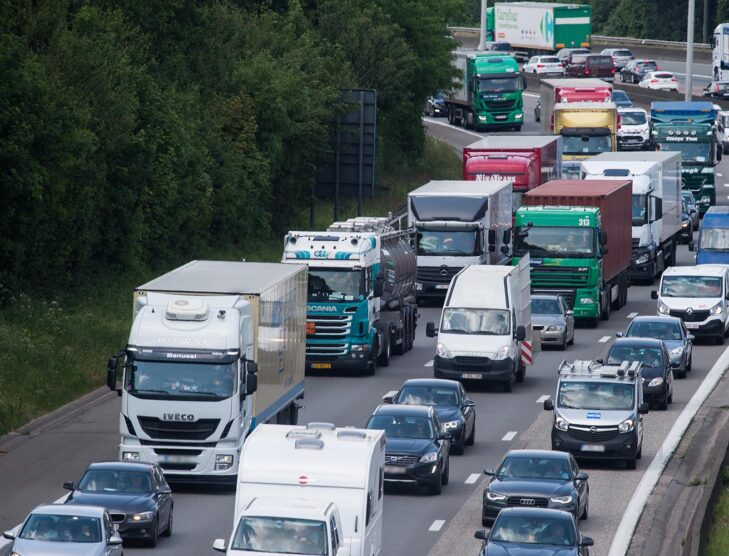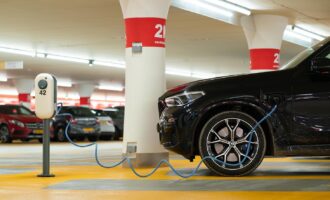
Commission proposes new CO2 emissions targets for heavy-duty vehicles
The European Commission has proposed ambitious new CO2 emissions targets for new heavy-duty vehicles from 2030 onwards. These targets will help to reduce CO2 emissions in the transport sector. Trucks, city buses, and long-distance buses are responsible for more than 6% of total EU greenhouse gas (GHG) emissions and more than 25% of GHG emissions from road transport. These strengthened emissions standards would ensure that this segment of the road transport sector contributes to the shift to zero-emissions mobility and the EU’s climate and zero pollution objectives.
The commission proposes phasing in stronger CO2 emissions standards for almost all new heavy-duty vehicles with certified CO2 emissions, compared to 2019 levels, specifically:
- 45% emissions reductions from 2030;
- 65% emission reductions from 2035;
- 90% emissions reduction from 2040.
To stimulate faster deployment of zero-emission buses in cities, the commission also proposes to make all new city buses zero-emission as of 2030.
In line with the European Green Deal and REPowerEU objectives, this proposal will also have a positive impact on the energy transition, by lowering demand for imported fossil fuels and enhancing energy savings and efficiencies in the EU’s transport sector. It will provide benefits for European transport operators and users by reducing fuel costs and total cost of ownership, and ensure a wider deployment of more energy-efficient vehicles. It will also improve air quality, notably in cities, and the health of Europeans.
The vast majority of heavy-duty vehicles in the EU fleet (99%) currently run on internal combustion engines, fuelled largely by imported fossil fuels such as diesel. This adds to the EU’s energy dependency and current volatility of the energy market.
The current emissions standards for heavy-duty vehicles date from 2019, but are no longer in line with the EU’s climate objectives, the commission said. Existing legislation does not provide a sufficiently clear and long-term signal to investors and does not reflect the new reality in the energy sector and the rapid developments in the heavy-duty industry globally. The proposed new CO2 standards are in line with the EU’s increased climate ambitions, the Fit-for-55 package and the Paris Agreement.
echo '








